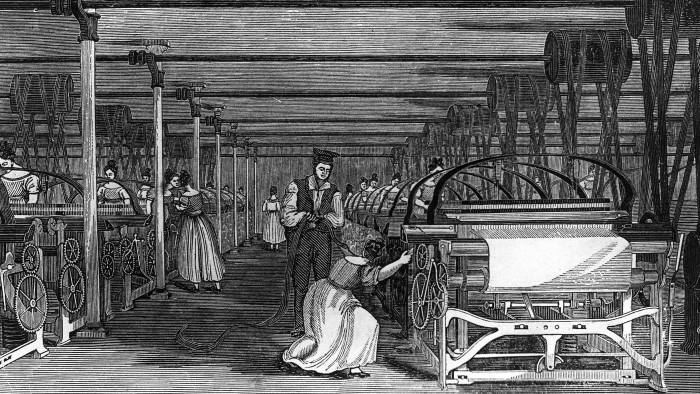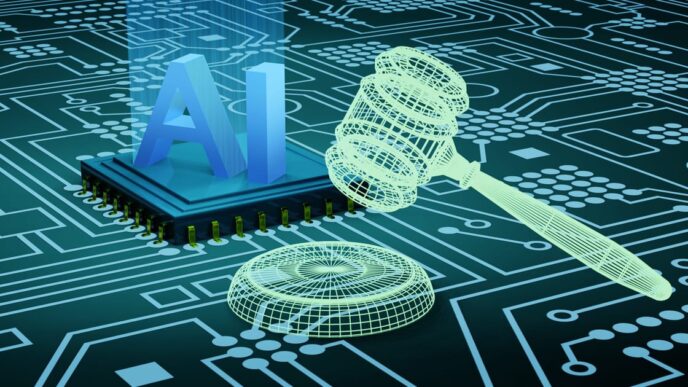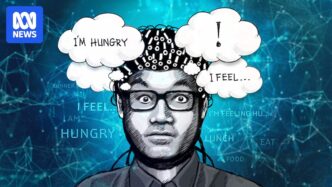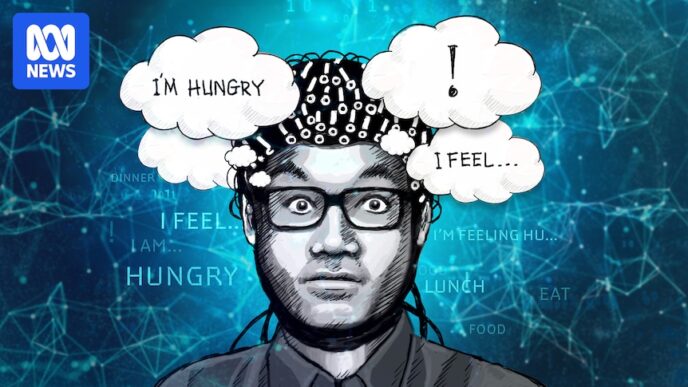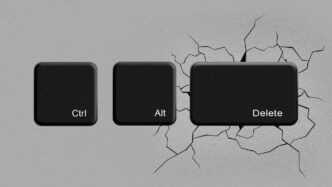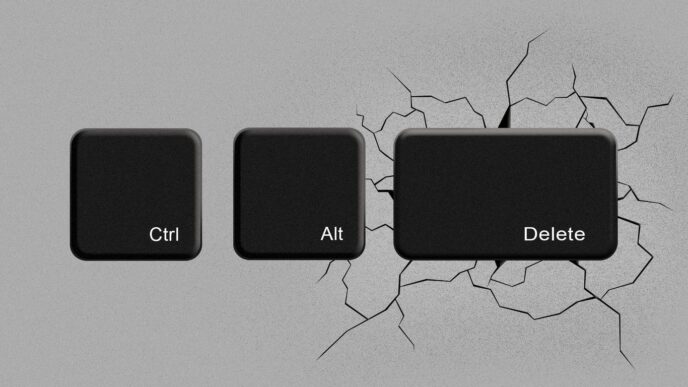Microsoft’s vision for AI agents boosting productivity faces a harsh reality check. Despite hyped promises, overall labor productivity growth has slowed dramatically. Advanced economies went from about 2% annual gains in the 1990s to just 0.8% in the last decade, according to OECD data. China’s output per worker has stalled as well.
The reason? Faster computers and AIs have streamlined routine tasks but failed to spark major new breakthroughs. Research productivity is down. Scientists now produce fewer revolutionary ideas per dollar than their 1960s counterparts.
Economists say innovation hits diminishing returns when researchers juggle too many projects. Breakthroughs need focus and risk-taking—the opposite of incremental, data-driven AI outputs. Large language models mimic consensus knowledge. Feed them outdated data, and they reinforce old beliefs instead of pioneering new ones.
A recent Nature review backs this up: LLMs help with routine science but human leaps of insight still lead. Even DeepMind’s Demis Hassabis says true artificial general intelligence that matches human cognition is still a way off.
One survey of 7,000 knowledge workers found heavy generative AI users cut email time by 3.6 hours weekly—a 31% drop. But collaborative work stayed flat. Efficiency gains might vanish as AI-generated email prompts increase inbox spam. Past tech booms like the 1990s’ spreadsheet surge faded without fresh innovation driving growth.
Satya Nadella’s dream of AI agents autonomously managing goals across systems is real—but real productivity jumps depend on digging into new, original endeavors. Simply automating tasks isn’t enough.
The author and Oxford professor warns:
“AI could still ignite a productivity renaissance — but only if we use it to dig deeper for new and previously inconceivable endeavours rather than merely drilling more holes. That means rewarding originality over volume, backing riskier bets and restoring autonomy. The algorithms may soon be ready; our institutions must now adapt.”
Microsoft and AI firms can build smarter tools. The bigger challenge: changing institutions and incentives to unlock genuine innovation, not just faster email.

